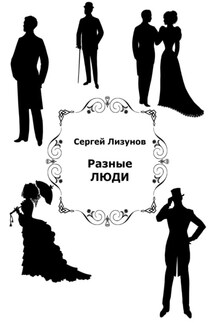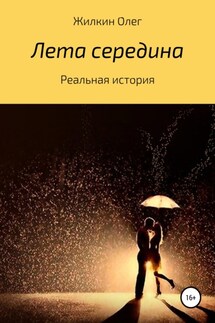Bleak House - страница 117
'Father! A visitor. Miss Jellyby's friend, Miss Summerson.'
'Distinguished,' said Mr. Turveydrop, 'by Miss Summer-son's presence.' As he bowed to me in that tight state, I almost believe I saw creases come into the whites of his eyes.
'My father,' said the son, aside, to me, with quite an affecting belief in him, 'is a celebrated character. My father is greatly admired.'
'Go on, Prince! Go on!' said Mr. Turveydrop, standing with his back to the fire, and waving his gloves condescendingly. 'Go on, my son!'
At this command, or by this gracious permission, the lesson went on. Prince Turveydrop sometimes played the kit, dancing; sometimes played the piano, standing; sometimes hummed the tune with what little breath he could spare, while he set a pupil right; always conscientiously moved with the least proficient through every step and every part of the figure; and never rested for an instant. His distinguished father did nothing whatever, but stand before the fire, a model of Deportment.
'And he never does anything else,' said the old lady of the censorious countenance. 'Yet would you believe that it's his name on the door-plate?'
'His son's name is the same, you know,' said I.
'He wouldn't let his son have any name, if he could take it from him,' returned the old lady. 'Look at the son's dress!' It certainly was plain – threadbare – almost shabby. 'Yet the father must be garnished and tricked out,' said the old lady, 'because of his Deportment. I'd deport him! Transport him would be better!'
I felt curious to know more concerning this person. I asked, 'Does he give lessons in Deportment, now?'
'Now!' returned the old lady, shortly. 'Never did.'
After a moment's consideration, I suggested that perhaps fencing had been his accomplishment?
'I don't believe he can fence at all, ma'am,' said the old lady.
I looked surprised and inquisitive. The old lady, becoming more and more incensed against the Master of Deportment as she dwelt upon the subject, gave me some particulars of his career, with strong assurances that they were mildly stated.
He had married a meek little dancing-mistress, with a tolerable connexion (having never in his life before done anything but deport himself), and had worked her to death, or had, at the best, suffered her to work herself to death, to maintain him in those expenses which were indispensable to his position. At once to exhibit his Deportment to the best models, and to keep the best models constantly before himself, he had found it necessary to frequent all public places of fashionable and lounging resort; to be seen at Brighton and elsewhere at fashionable times; and to lead an idle life in the very best clothes. To enable him to do this, the affectionate little dancing-mistress had toiled and laboured, and would have toiled and laboured to that hour, if her strength had lasted so long. For the mainspring of the story was that, in spite of the man's absorbing selfishness, his wife (overpowered by his Deportment) had, to the last, believed in him, and had, on her death-bed, in the most moving terms, confided him to their son as one who had an inextinguishable claim upon him, and whom he could never regard with too much pride and deference. The son, inheriting his mother's belief, and having the Deportment always before him, had lived and grown in the same faith, and now, at thirty years of age, worked for his father twelve hours a-day, and looked up to him with veneration on the old imaginary pinnacle.






